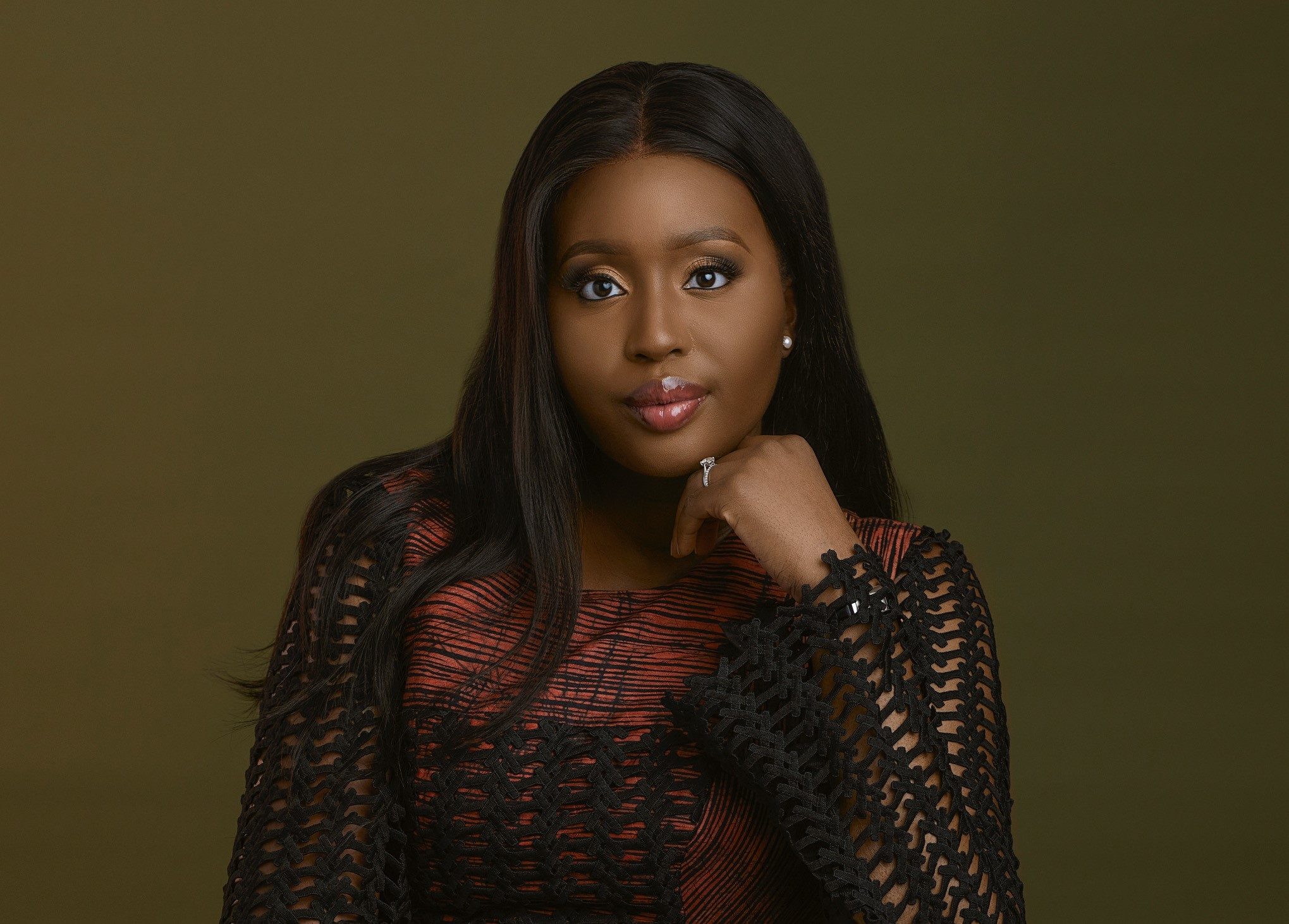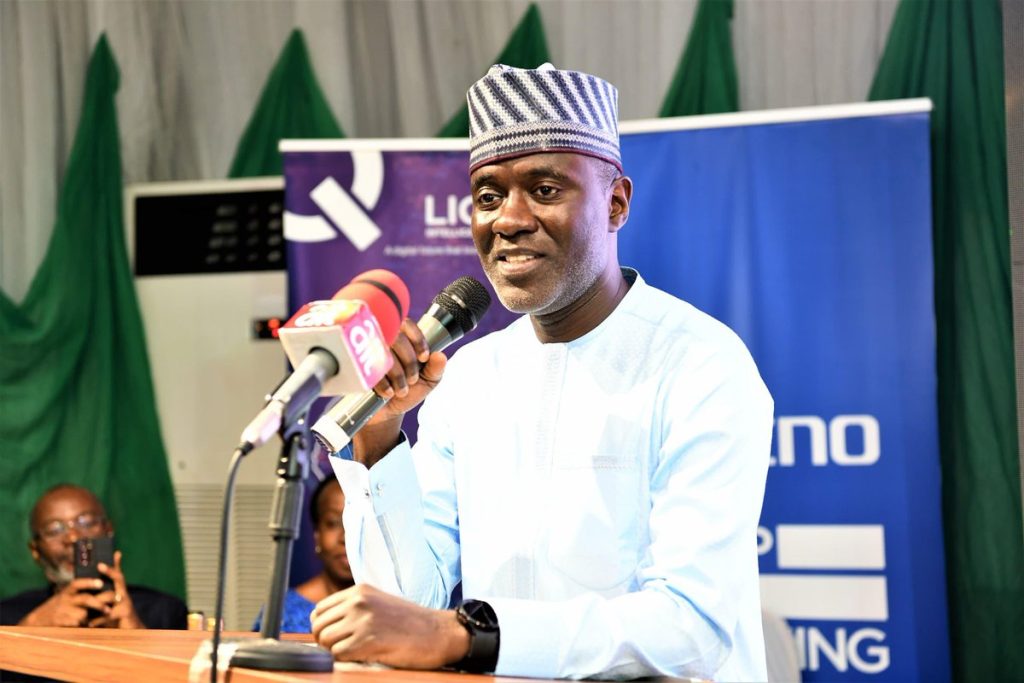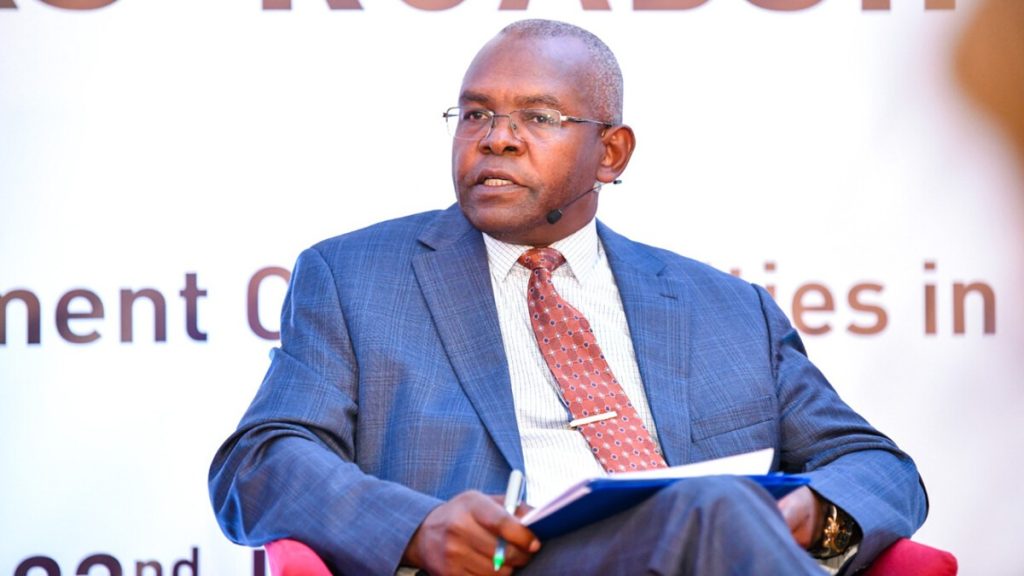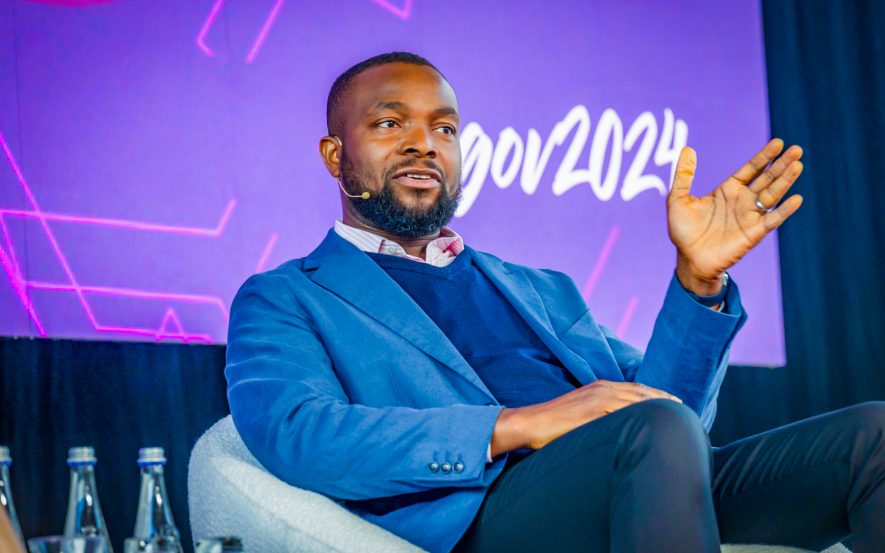Aruwa Capital, a female-founded early-stage growth equity fund has announced the successful close of its first institutional fund which exceeded its $20 million target. This makes the 32-year-old founder, Adesuwa Okunbo Rhodes, the youngest solo general partner (GP) to successfully raise a $20 million fund in Nigeria. The leading investors for this fund include Visa Foundation and Mastercard Foundation Africa Growth Fund, among others.
Aruwa Capital was founded in 2019 by Rhodes who moved back to Nigeria determined to address the investment gap that affects women-led businesses in Africa. While women-led businesses make up 40% of small and medium enterprises (SMEs), they receive only about 1% of funding. Research has implied that the gender-based gap in funding can be attributed to the fact that most investment firms are led or owned by men.
Rhodes believes that the solution to this disproportionate funding is for women to create their own tables, that is, to establish more women-led investment firms that fund women-led businesses (both venture capital (VC) and private equity (PE). Aruwa Capital is set to invest between $500,000 and $2.5 million in women-led and focused businesses across Nigeria and Ghana. It has invested in six companies so far: healthcare companies Wemy Industries and Lifestores Healthcare; fintech startups PngMe and Crowdforce; a cleantech company, Koolboks; and Agroeknor, a business in the essential consumer goods sector.
Much like the startup scene, the venture capital landscape is arduous for female managers. Less than 20 female fund managers in Africa have achieved a final close on their funds since 2008. TechCabal asked Rhodes what she thinks brought her fund to the point of oversubscription and she said she believes that Aruwa Capital’s differentiated strategy appealed to investors. “We act as a bridge between venture capital and private equity where we invest in sufficiently de-risked businesses that have already proven their business model but are too small for the majority of the local private equity funds with larger funds. These businesses are however de-risked and are ready to scale with between $1–$2.5 million in investment capital. In addition, we have a gender lens strategy which makes us intentional about female-led and female-focused businesses and closing the gap for female entrepreneurs by intentionally investing in the female economy.”
Speaking further about what it took to close the funding round, Rhodes emphasised the significant role that local capital played. According to Rhodes, they launched the fund just before COVID-19, so they had to look inward for the first part of the fundraiser as global institutions were focused on deploying capital in their home countries. “A big lesson for me is the mobilisation of local capital as the key to sustainable venture capital and the private ecosystem in Africa. We are very pleased to have raised 30% of our fund from local investors—both private and institutional,” said Rhodes.
This final close marks the end of the fundraising for Aruwa Capital’s first fund 45% of which have already been into six investments. Speaking about the expansion plans that will come with the close of the fund, Rhodes said the fund will keep focusing on those four verticals: healthcare, fintech, renewable energy, and essential consumer goods. “We believe focusing on these necessities gives us a strong competitive advantage due to the defensibility of these sectors [against macroeconomic uncertainty].”
Apart from the personnel additions that it plans to make, Aruwa Capital will not change the way it operates. The firm says that it will remain in the “pre-private equity” space, as a local investor on the ground. “This is where we see the most exciting opportunities and where we believe the risk-adjusted returns are the highest,” says Rhodes.
In response to the global market downturn, the company will prioritise supporting its existing portfolio companies with follow-on capital as well as access to its networks and relationships. However, it also expects to be fully deployed in the fund in the first half of next year due to excess demand. “We look forward to being on the road for Fund II again in the not-too-distant future, so we can continue to support female-focused and female-led SMEs in Nigeria,” said Rhodes.











